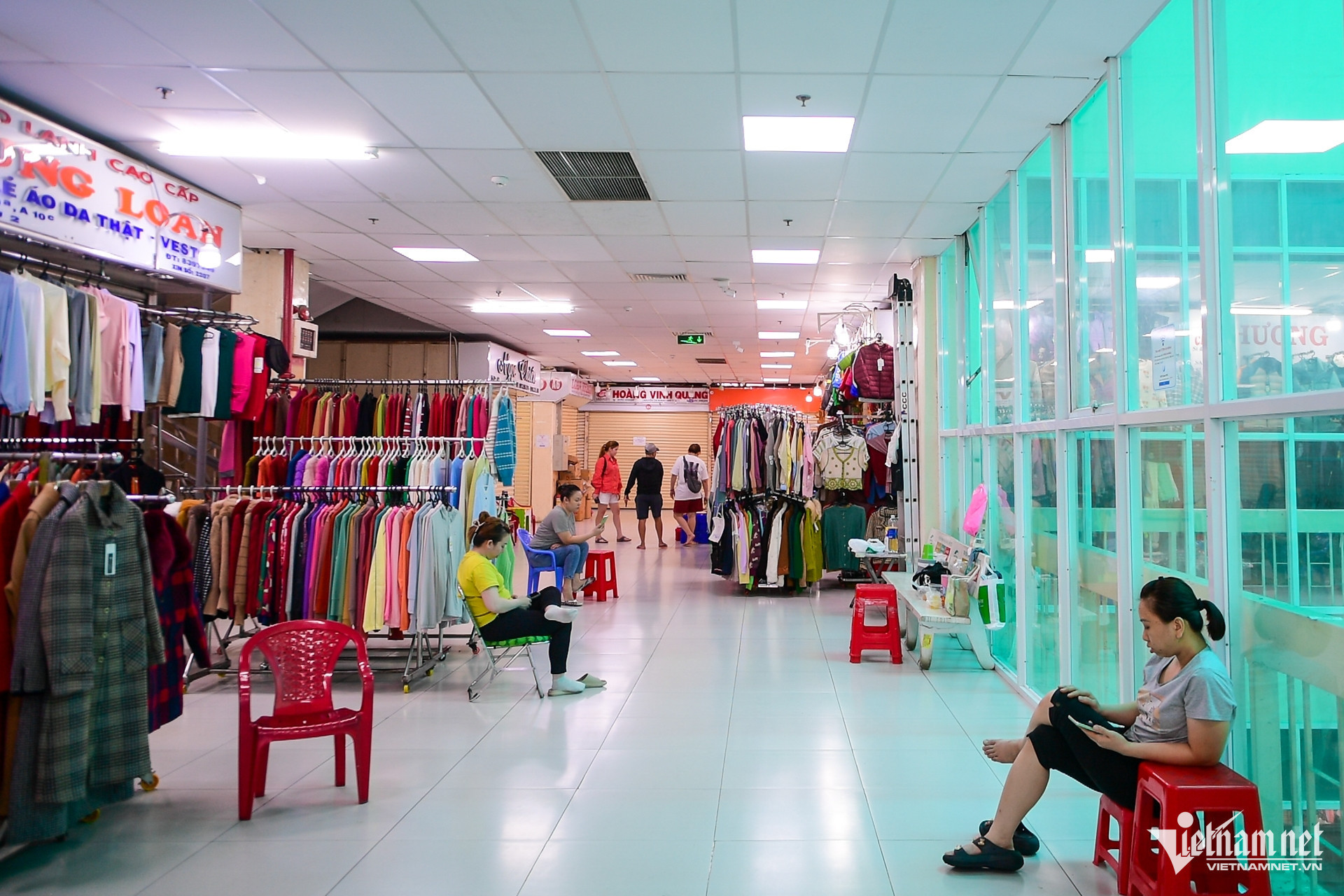
Le Thi Hoa, who runs a construction materials store and rice trading business in Nong Cong District, Thanh Hoa, said she and her husband have been in the trade for nearly a decade but their income remains unstable due to seasonal fluctuations.
“There are only two main seasons each year, with most trading happening in one to two months. Some years we make a profit, while others we barely cover electricity, water, labor, and transport costs,” she said.
With such unpredictable income, Hoa expressed concern about the new regulation requiring individual business owners to join mandatory social insurance from July 1. The minimum contribution is VND585,000 per month, a significant amount for small business households which have to cover many other expenses as well.
“We understand that this policy is beneficial for securing a pension in old age, but in these tough economic times, it’s hard to manage. Without support or a phased implementation, many households like mine won’t survive,” Hoa said.
Beside mandatory social insurance, Hoa also mentioned the tightening of tax controls, invoicing, and input-output tracking, which is adding pressure on small business households.
“In the past, trade was flexible. Now everything requires invoices, declarations, and full tax compliance. For small businesses, being tied down by multiple policy contributions makes survival challenging,” she noted.
Hoa proposed that for the mandatory social insurance policy to be effectively implemented, the government should adopt a suitable rollout plan, clearly categorize affected groups, and provide support for small, low-income business households.
Under the 2024 Social Insurance Law, from July 1, 2025, individual business owners with registered business as per government regulations will be included in the group required to participate in mandatory social insurance, a provision not included in the 2014 Social Insurance Law.
The social insurance contribution rate is 25 percent of income, including 22 percent for the pension and survivor’s benefits fund, and 3 percent for the sickness and maternity fund. The income on which social insurance premiums are calculated is determined by business households, but must not be lower than the current baseline salary of VND2,340,000 per month.
Thus, the minimum social insurance contribution is VND585,000 per month, with the maximum potentially reaching VND11.7 million per month if the business owner selects an income base 20 times the baseline salary.
Business owners can choose flexible payment methods, such as monthly, quarterly, or semi-annual contributions.
There are over 5 million individual business households in Vietnam, according to the General Statistics Office.
Vu Diep